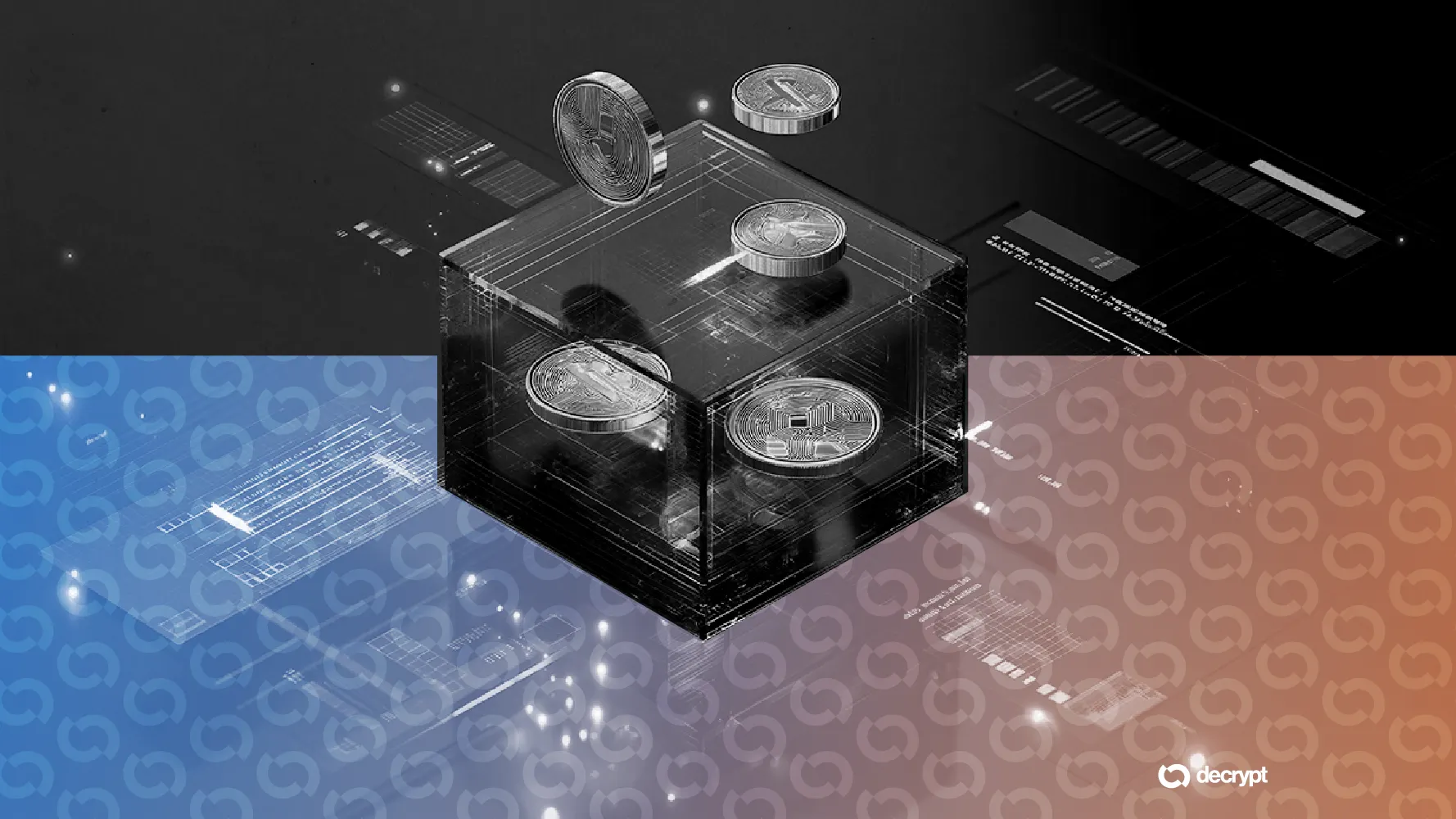In brief
- Sequence, formerly known as Horizon Blockchain Games, unveiled transaction orchestration platform Trails on Thursday.
- Trails will allow users in the Ethereum ecosystem to easily pay with and swap tokens using new intent-focused transaction rails.
- The platform is designed to solve crypto's fragmentation problem, easing user and developer concerns about disparate tokens, wallets, and blockchains.
Crypto infrastructure firm Sequence—previously Horizon Blockchain Games—is attempting to solve one of crypto’s biggest interoperability problems, putting an end to user and developer concerns about wallets, tokens, gas fees across individual blockchains.
On Thursday, the firm unveiled Trails, a new transaction orchestration platform designed to allow applications to accept crypto from anyone, anywhere in just one click.
“We’ve always been an infrastructure-first company,” Sequence co-founder CEO Peter Kieltyka told Decrypt. “We just solve every problem we have to solve.”
One of the big problems for users and developers in crypto in Kieltyka’s eyes has been fragmentation, or the disparate silos of tokens, wallet infrastructures, and capabilities present when hopping between blockchains—like Ethereum mainnet and its layer-2 scaling networks.
“Ethereum is not one chain,” said Kieltyka. “It’s an ecosystem of chains and a network of chains, but there is just so much fragmentation that’s come out of that.”
“You have liquidity everywhere, you have tokens everywhere, you have gas tokens everywhere—the chain fragmentation just really hurts developers and applications from actually being able to monetize and create a successful business on-chain,” he added.
That’s where Trails comes in, using new “transaction rails” with intent-based interoperability that simplify the transaction experience for developers and users on-chain. Essentially, users tell the app what they want to do, and Trails makes it happen behind the scenes.
For example, Trails will enable users to pay for items like NFTs using any token, from any supported chain without thinking about bridging, swapping, or gas fees. In other words, if a user wants to spend 100 USDC on Arbitrum, but only has the token in their balances on other Ethereum layer-2 networks, Trails will unify the balances automatically and facilitate the transaction in one click.
“Trails works by taking that exact transaction and going backwards,” said Kietlyka. The firm’s CEO contrasted the platform’s transaction flow with those that require a specific path, and wallets indicate users have "insufficient funds or insufficient gas” if everything isn’t perfect.
“If you don't have one of these things in the right place, you're kind of toast,” he said. “There's way too much friction and things that users don't need to be thinking about.”
But with Trails, as long as there is one path to the desired result, Kietlyka says the transaction will get there.
“Trails is like practical chain abstraction,” said Shun Kakinoki, head of cross-chain at Sequence, speaking to the platform’s ability to simplify the experience of interacting across blockchains. Trails will feature compatibility with USDC issuer Circle's Cross-Chain Transfer Protocol (CCTP), and is partnering with the Katana network.
Kakinoki was the founder of Light, a firm with expertise in chain abstraction that Sequence acquired earlier this year as it fully rebranded from Horizon Blockchain Games.
Horizon previously raised funds from Reddit co-founder Alexis Ohanian, Ubisoft, and Take-Two Interactive, using its Ethereum-based card game Skyweaver to “showcase its blockchain stack.” All told, the firm has raised $53 million to date.
In 2023, the firm released Sequence Builder to simplify Web3 game development, making it easy to add items like NFTs to games, alongside other blockchain functionality. Now the firm’s products support builders in multiple crypto verticals, including DeFi and stablecoins.
Trails will launch this year and will initially support 16 Ethereum Virtual Machine-compatible chains including Ethereum mainnet, Polygon, Base, Arbitrum, Avalanche, among others.
In the future, though, Kietlyka said the platform will support other virtual machines, with the Solana Virtual Machine next on the roadmap.

